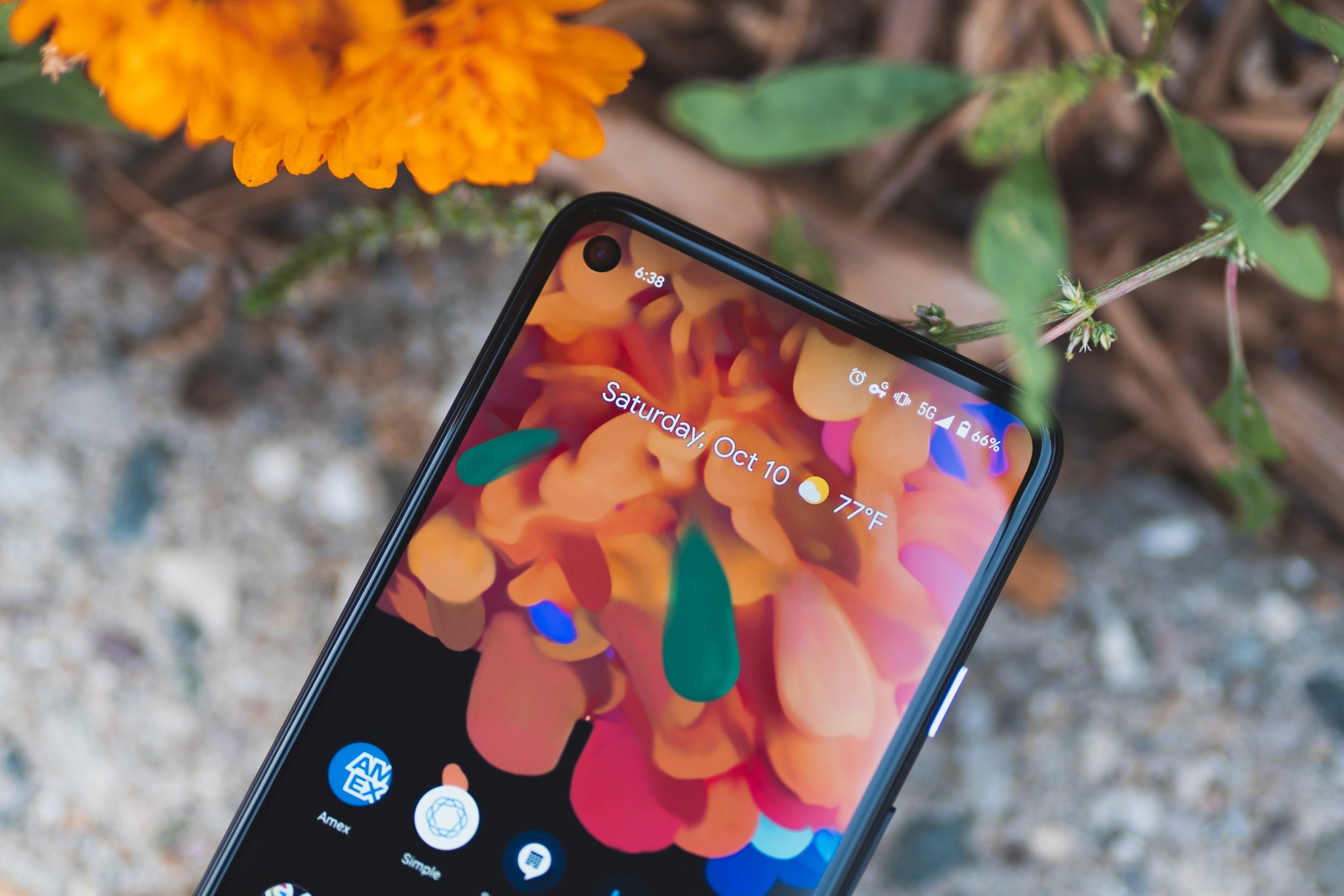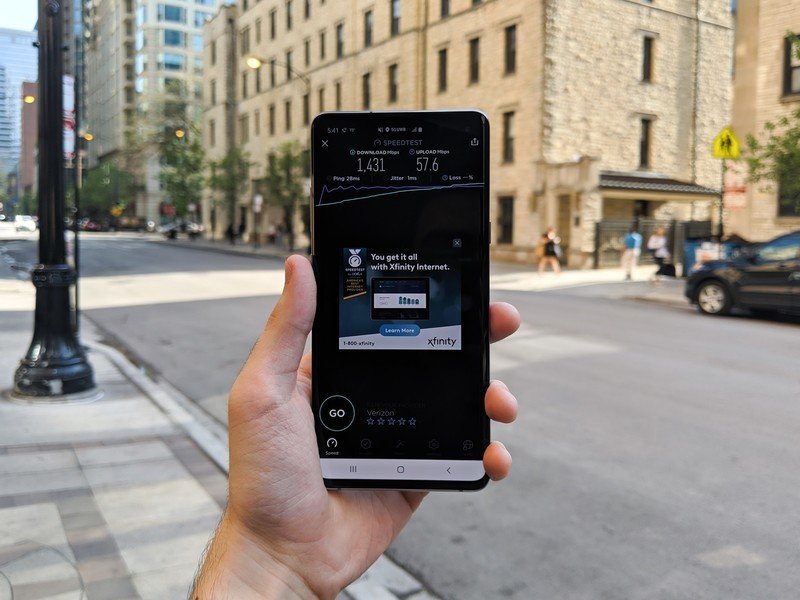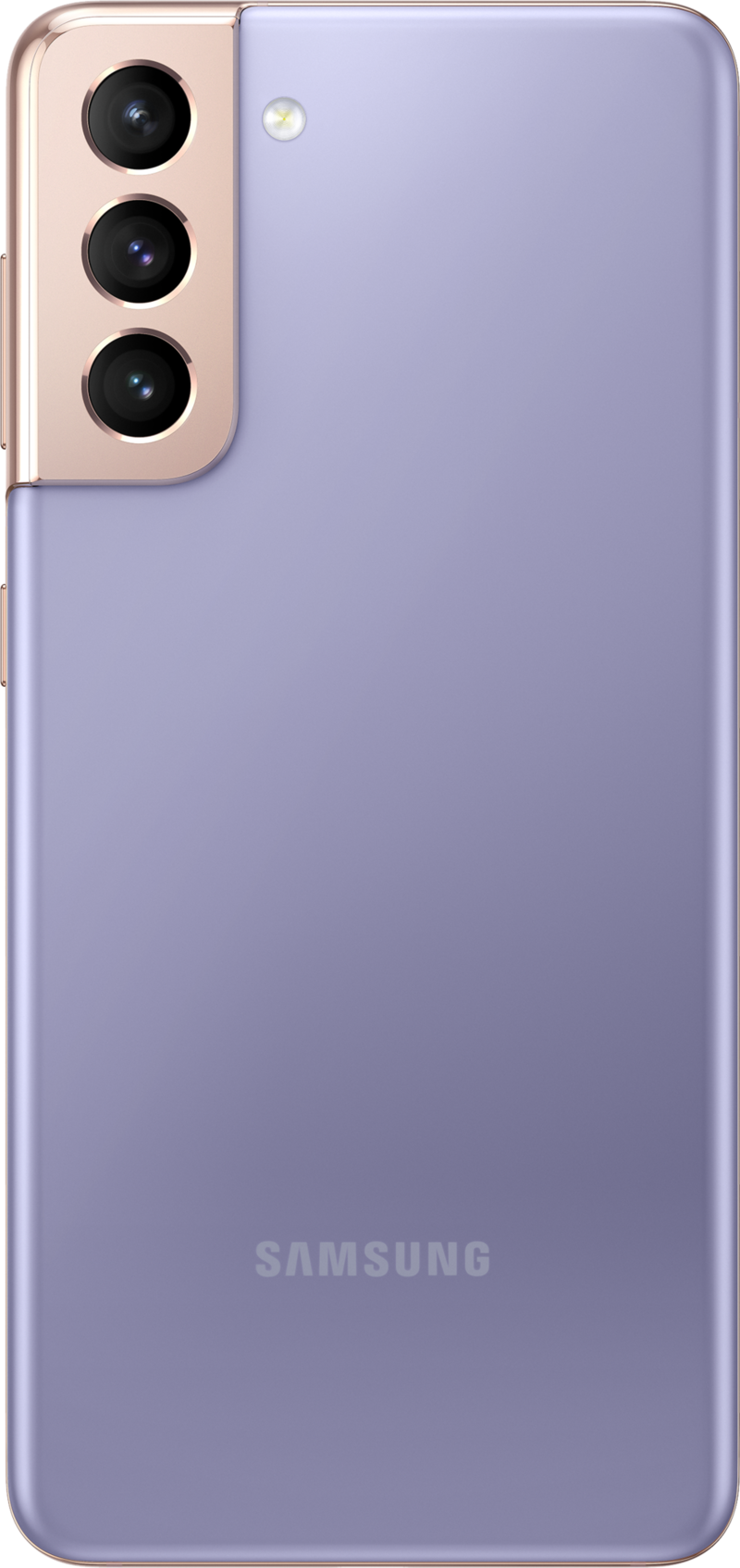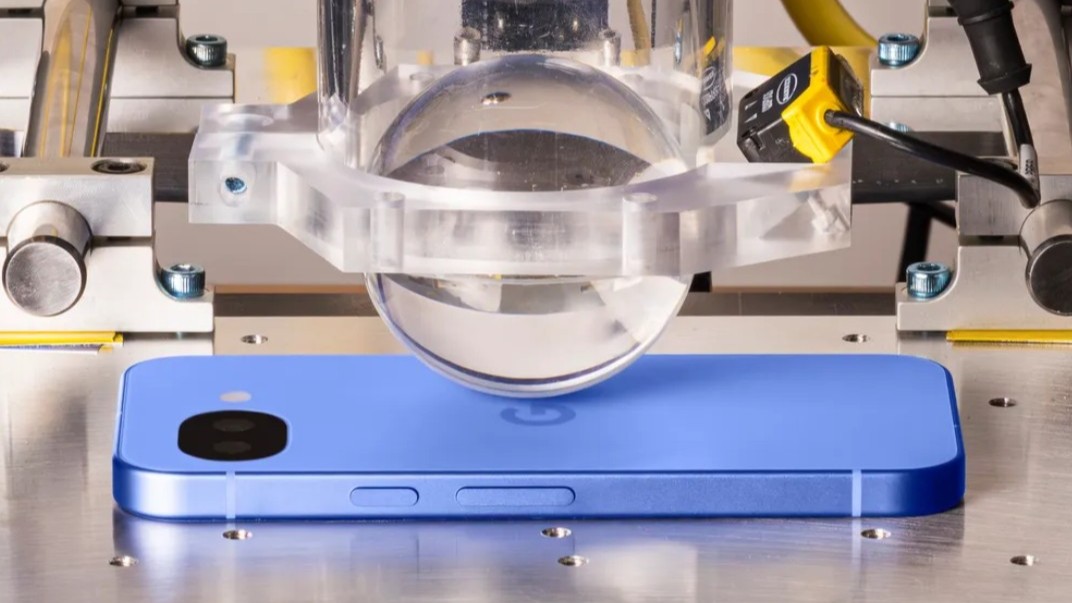5G vs. 5Ge: What does it actually mean?

Get the latest news from Android Central, your trusted companion in the world of Android
You are now subscribed
Your newsletter sign-up was successful
Best answer: 5Ge is the same as 4G LTE Advanced and has nothing to do with true 5G besides indicating that the tower's network connection is ready for 5G equipment. True 5G uses new, more efficient technology to improve the speed and consistency of a wireless network.
Good 4G is not 5G
5Ge is short for 5G Evolution, which AT&T insists is the first step in rolling out true 5G. While marketing this technology under the 5G umbrella has lead to criticism for confusing customers and even legal action from Sprint, the fact of the matter is that 5Ge is really a type of 4G most providers refer to as LTE Advanced. Verizon and T-Mobile have also deployed this tech under the LTE+ name.
While 5Ge isn't 5G, it does represent the very best of LTE and should deliver download speeds in line with low-band 5G networks.
A strong 4G LTE signal can provide all the speed most people will need on a smartphone, and as AT&T is trying to prove, there is still life left in LTE technology. AT&T has been upgrading its LTE network with not only new towers and faster fiber connections but also more advanced antenna setups. One of the biggest examples is carrier aggregation which allows phones to connect to multiple LTE bands at once to improve speeds. If you have a phone that supports these improvements and you are in an area that has been updated, you will get access to 5Ge.
How many Gs do I really need?
When it comes to 5G vs 5Ge debate, True 5G or 5G NR once fully deployed, will be able to provide a faster and more consistent connection than LTE. From a technology standpoint, it makes more efficient use of the available bandwidth to keep speeds high and consistent even with congestion. A more efficient connection also leads to lower response times, often called ping, which can make apps and web pages feel snappier. True 5G also makes chatting and video calls feel more immediate making the conversation feel more natural.
Get the latest news from Android Central, your trusted companion in the world of Android
AT&T's 5G network hasn't seen the growth that T-Mobile has, but its heavy investment in mmWave still makes it one of the best 5G networks. Even so, the majority of AT&T's 5G network is still only using its 850MHz spectrum and while this is great for coverage, download speeds will be very similar if not slower than 5Ge. As AT&T frees up more spectrum, this will change. Remember, 2Mbps on 3G didn't feel that slow until developers started to take advantage of 4G speeds.

Bringing it back to AT&T's 5Ge, this is the best of 4G LTE technology and it works well. 5Ge can be faster than older types of LTE but buying a 5Ge capable phone will not get you 5G when it's available. True 5G phones are available for AT&T and the network now covers the majority of Americans but you should check your 5G coverage before upgrading. For those not yet covered, 5Ge is a decent upgrade over older LTE.

When Samuel is not writing about networking or 5G at Android Central, he spends most of his time researching computer components and obsessing over what CPU goes into the ultimate Windows 98 computer. It's the Pentium 3.

